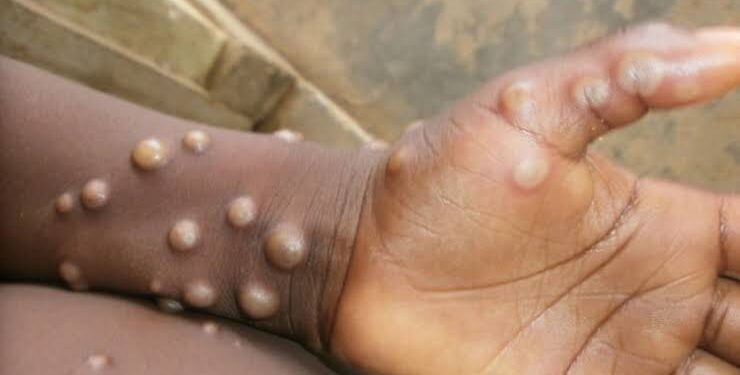More than 800 dead across Africa, thousands infected, and yet the mpox crisis seems to be far from a priority. On Thursday, the African Union’s disease control center made a troubling announcement: 866 people have died from mpox, and the epidemic “is not under control.” Let that sink in. Despite these alarming numbers, testing rates remain “too low” across the continent, with 2,500 new cases surfacing just in the past week.
At the heart of this outbreak is the Democratic Republic of Congo (DRC), which has been slow to respond. Vaccinations were supposed to begin on October 2, but guess what? They’re still waiting. DRC will finally start vaccinating its population in two days—when the damage is already well underway. What’s taking so long?
For those unfamiliar, mpox—formerly known as monkeypox—is caused by a virus passed from infected animals to humans, though it can also spread through close physical contact between humans. It causes fever, muscle aches, and large, painful lesions on the skin. And yes, it can kill. Yet, despite its deadly potential, mpox barely makes headlines, drowned out by other global crises.

According to Africa’s CDC, more than 34,000 cases have been recorded since January. The virus has spread across 16 countries, with Ghana reporting 38 cases. Still, the response is lethargic, leaving many to question the seriousness with which African governments and international agencies are tackling this growing threat.
The head of Africa CDC, Jean Kaseya, didn’t mince words during a press briefing. “The epidemic is not under control,” he declared, acknowledging that, while the numbers are staggering, the continent is still grappling with insufficient testing and a slow-moving response. What’s worse? The delayed rollout of vaccines in DRC, where the epidemic is most concentrated, could have been prevented if authorities acted sooner.
This isn’t the first time Africa has been slow to react to an epidemic, and it likely won’t be the last. But with 866 dead and counting, the question remains: how many more lives must be lost before action is taken? As mpox continues to spread, it’s hard not to wonder if we’ve learned anything from past health crises. Once again, Africa seems to be facing an uphill battle with too little being done, too late.

















